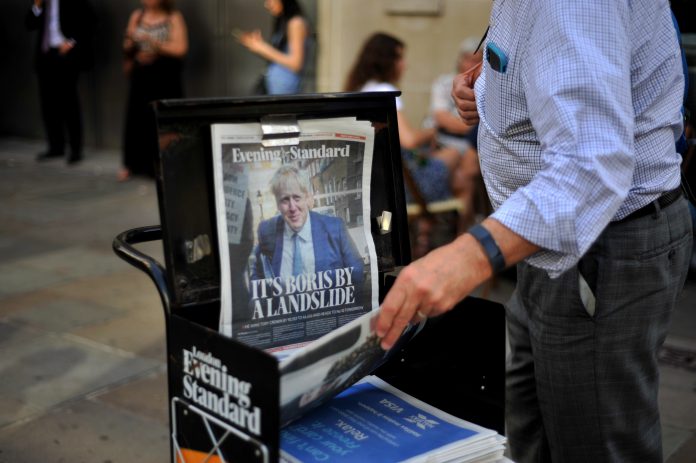After a year of unprecedented politics, a new APPG on Political Literacy has launched – from Brexit to Black Lives Matter, young people appear to be highly politically engaged without any formal support in schools
The new All Party Parliamentary Group says that youth satisfaction with democracy is at an “all-time low,” which has turned their attention to the national curriculum.
It was 23 year old Marcus Rashford who took child hunger into his own hands, when he pushed for a policy change that would give food to school children who were socio-economically vulnerable – especially with their places of education in lockdown. He further pushed for apologies earlier this week, as parents received woefully inadequate food parcels as part of the Government-funded scheme. The Prime Minister apologised via Twitter, and the problem was highlighted across the country.
When Black Lives Matter was dominating news cycles in the summer, it was young people at the helm of organising meetings, coordinating action to support filing charges against police in brutality cases and disseminating information about ongoing racism in institutions.
We interviewed another young person, Taban Shoresh, who started an NGO to protect the women and girls facing the aftermath of a genocide. She escaped that violence, took her knowledge and built something that could provide resources to others who remained.
Political literacy currently comes from life experiences
In the UK, young people get their political literacy from their life experiences (like Rashford, who lived through child hunger) or through decisive access to higher education. Recently, the educational power of social media has been shining a light on various political situations via image slides and sharable reading lists.
But as of right now, there is no mandatory political education in the UK. This means that all young people who impact democracy, are doing so as anomalies or outliers.
This group has been launched in parallel with the work of Shout Out UK, which works with teachers across the country to deliver political and media literacy training for students. The group wants to create political literacy for all students by the end of secondary school.
70% of students want a Politics GCSE
After a survey by Shout Out UK found that more than 70% of students would welcome the creation of a Government and Politics GCSE, the group aims to focus discussions between young people, teachers, civil society organisations and parliamentarians from both Houses around the idea.
Writing for us in February, Director of Shout Out, Matteo Bergamini said: “Young people have the power to make immense and positive change in the world – I have always believed that. Given the right direction and with the right information in hand, young people have the potential to shape a better world – Greta Thunberg, Jack Andraka, Emma González and Malala Yousafzai are just a handful of names that spring to mind.”
The of people who say they are concerned about false or misleading information about coronavirus from the UK government was up by 11 percentage points to 38% from April to May.
Simon Fell MP, Co-Chair and Registered Contact, said: “There has never been a better time to be talking to young people about political engagement. We live in an era of fake news and we need to fight back against that by giving young people the tools to be better and more informed. I’m delighted to be co-chairing the group from its launch and look forward to engaging with young people to hear their views on this important subject.”











